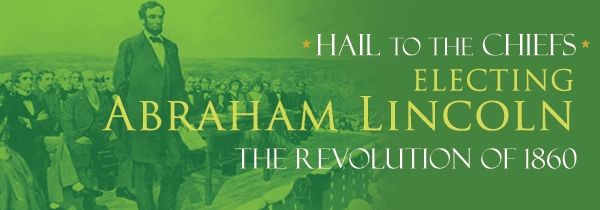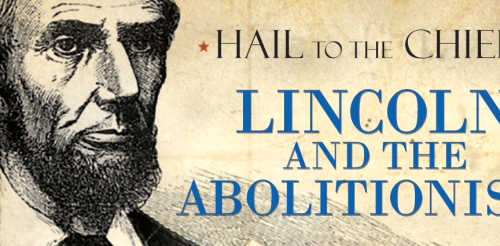All Library locations will be closed Monday, February 16 for Presidents Day.
This year’s election stakes are high, as always. But perhaps no presidential vote in U.S. history was more consequential than that of 1860.
The nation roiled over the issue of slavery. Abraham Lincoln captured the Republican nomination over New York Sen. William Seward, and then took on a divided Democratic Party. His win in November – with less than 40% of the popular vote – prompted the immediate secession of South Carolina, roused the rest of the South, and ushered in the Civil War.
Jonathan Earle, dean of the Honors College at Louisiana State University and, before that, director of the University of Kansas’ honors program, examines the election-year turning points that yielded our 16th president in a discussion of Earle’s upcoming book Electing Abraham Lincoln. The event is co-presented by the Truman Library Institute and made possible by funding from the Ewing Marion Kauffman Foundation.

